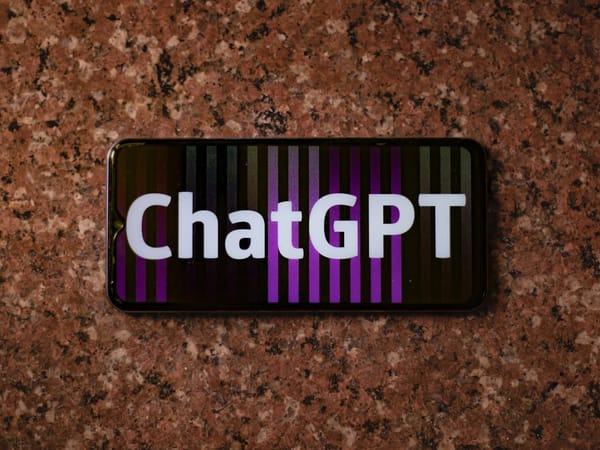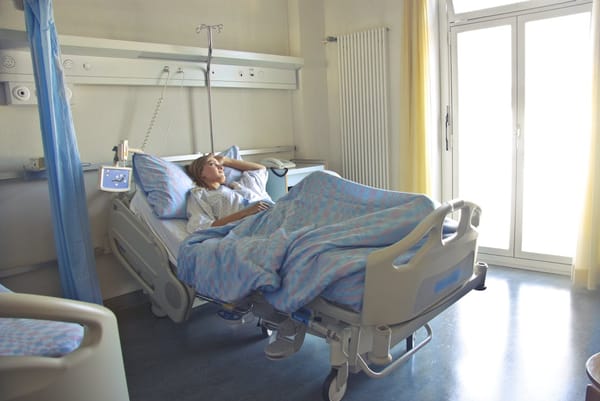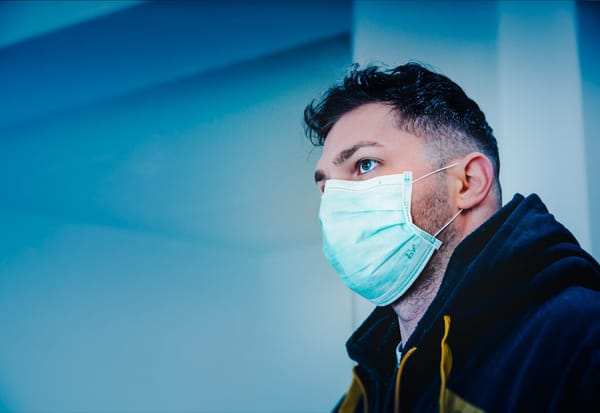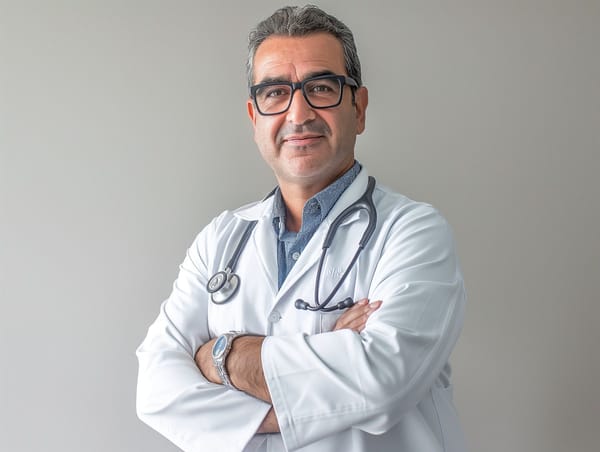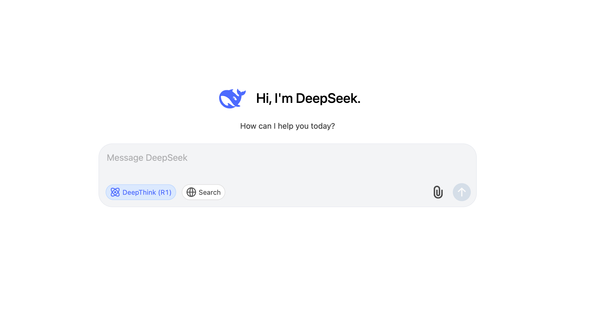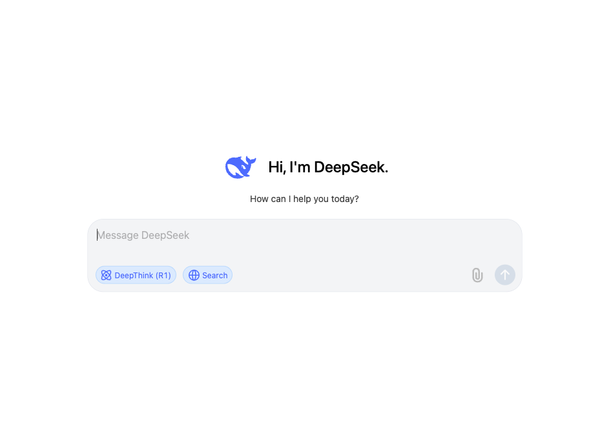Why Doctors Should Use Mobile Medical Apps
Table of Content
Healthcare technology is forever evolving, with new machines and equipment invented to make the lives of healthcare professionals and their patients much easier. Some mobile apps are designed to be used by patients to track their wellness, while others are used by doctors and nurses to help care for their patients better. If your healthcare practice hasn’t yet embraced mobile medical apps, you might like to check out some of the best applications available for some of the following reasons:
Easier Medical Record Access and Storage
Healthcare records can be important for medical professionals to track their patients’ care. They can also be important for legal cases in which personal injury lawyers must use them to prove that someone was injured after an accident.
When medical practices embrace technology for medical records, they can often find it much easier to collect and retrieve patient information. Depending on the app, it can also be much easier for patients to access and store their medical records to make informed decisions for their future care.
More Efficient Communication
In the past, in-person appointments and phone calls were the only ways doctors could communicate with their patients. Medical mobile apps have been a game-changer in this respect. Patients who have questions, want to schedule new appointments or order new prescriptions can perform most of these functions inside mobile apps. Doctors can even provide medical instructions via apps, making it easier for patients to refer back to the provided information and make the right decisions for their needs.
Save Money
According to studies, big data analytics could save more than $300 billion yer pear in the healthcare field. It’s believed that these savings come down to waste reduction and inefficiency in clinical operations, research and development, and public health.
In terms of clinical operations, technology might allow for more appropriate and cost-effective ways to diagnose and treat patients. Using technology in research and development might improve clinical trial designs and ensure treatments are better matched to patients. Even public health might benefit, with technology like medical apps allowing for better disease pattern analysis, which might contribute to faster responses and actionable information.
Prevent Mistakes
Medical mistakes are all too prevalent, with at least 251,000 deaths in the United States each year linked to mistakes. It’s also believed that medical errors are the third leading cause of death, despite less than 10% of them being reported. While medical apps won’t prevent all mistakes, there’s potential for them to reduce the risk of errors like misdiagnosis and incorrect drugs.
Many mobile health apps have clinical guidelines, medical calculators, and drug reference guides. These decision aids might be pivotal in reducing the medical error rate and ensuring patients receive the right care for their needs. There are also many apps designed for patients that might reduce the risk of errors at home, especially regarding medication dosages and frequencies.
Mobile medical apps can be scary for healthcare professionals who are used to providing more manual and hands-on care. However, when there’s potential to enjoy some of the benefits above, now might be the right time for your practice to consider exploring some of the many innovative medical app options on the market.


